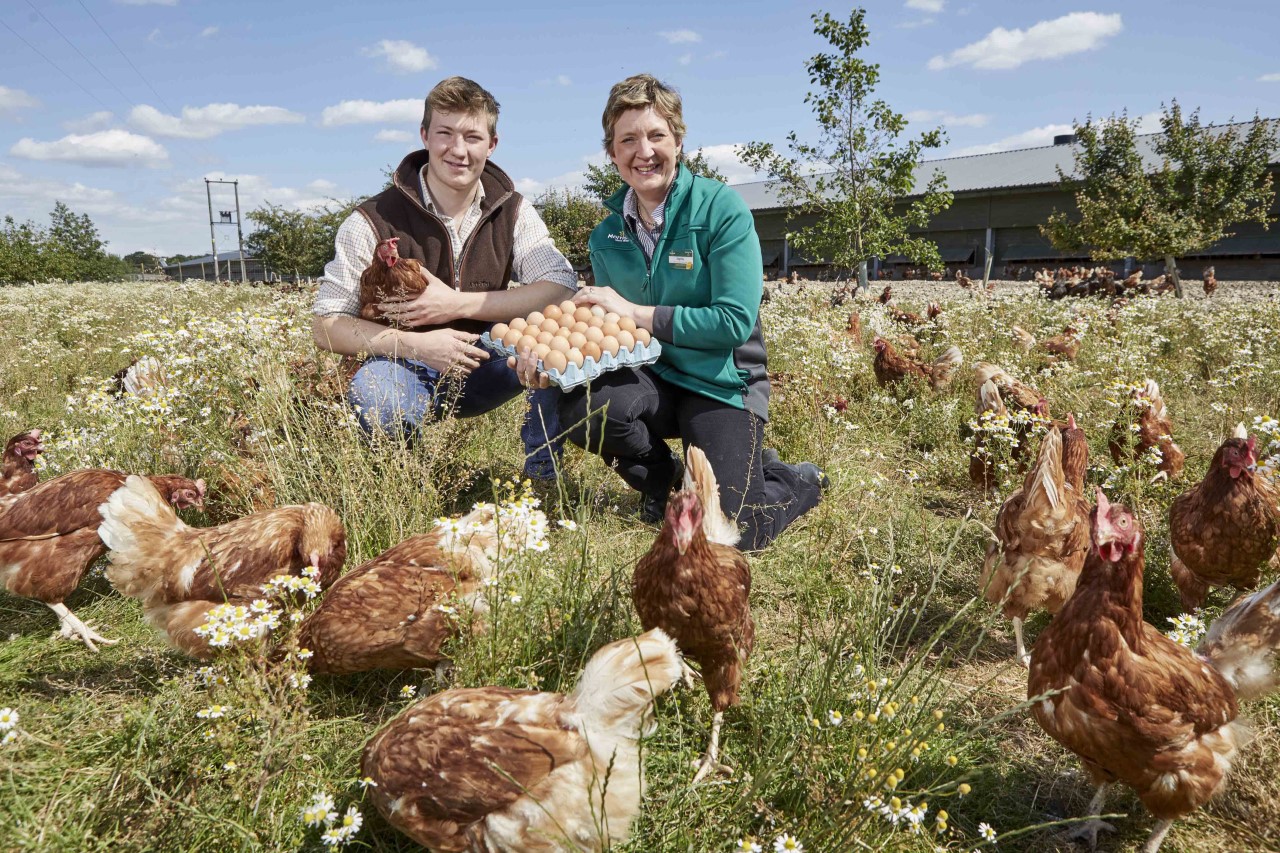
We require our growers to undertake a responsible and targeted approach to the use of pesticides to ensure other pollinators, the environment, customers and the growers themselves are all protected.
Our Approach
Fresh Produce
Our produce growers use the principles of Integrated Crop Management, which means they promote non-chemical based methods of disease and pest control and target specific solutions to particular pests.
We create specific control lists and regulations for crop country combination, using a wide range of data to formulate pesticide risk assessments, considering environmental impact, operator and consumer safety, and legally conforming finished products.
These standards and approaches are assessed by independent auditors, using farm assurance standards such as Global GAP or Red Tractor.
Our Fresh Produce Pesticide Policy is reviewed regularly and can be found here.

Food Safety
Maximum Residue Levels limit how much residue can legally remain in food. We require each supplier to conduct their own Pesticide Residue Analysis at an accredited laboratory.
We also have a comprehensive residue testing programme run by our technical, compliance and food safety teams. The results are published in our annual report.
For those customers who wish to purchase products with restricted pesticide use we offer our certified organic range.
Nature Positive Farming
We work with our British farmers to support them in moving towards nature positive farming practices.
School of Sustainable Food and Farming
The School of Sustainable Food and Farming supported a benchmarking activity looking at the sustainability of on-farm crop protection using pesticide metrics. The study aimed to identify which pesticide metric is best suited to UK arable crops, before using this to calculate a sustainability value for crops of wheat, oilseed rape and winter barley at the Harper Adams University farm.
The full research report is available here.

Beneficial Insects and Pesticide Use
It’s important to protect our environment and one of the important ways we do this includes encouraging beneficial insects, which are introduced to control pests that may otherwise damage crops. Doing this allows our growers to reduce the use of chemical pesticides to protect natural biodiversity. It’s rare, but if an insect is found in our fruit or vegetables, it can be removed by thoroughly washing it in cold water.
Find out more about our Bee Friendly Farms on our Biodiversity Page